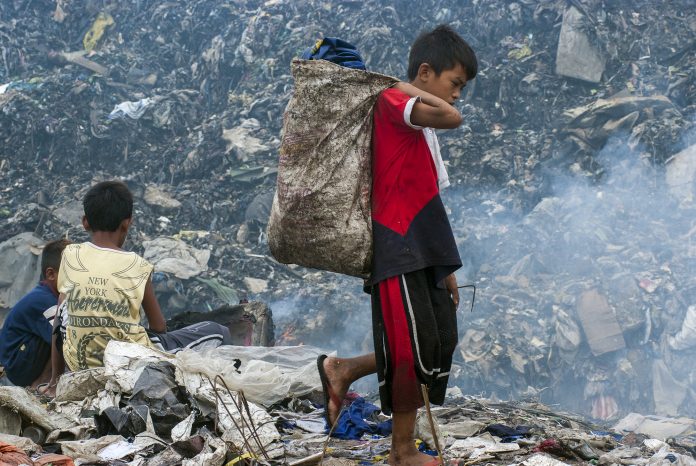An advocacy group for children’s rights called on the government and civil society this week to strengthen their response in providing services for abused boys even after the passage of a new law that addresses the sex abuse of children.
The Philippine Congress last year enacted Republic Act 11648 raising the age of sexual consent from 12 to 16 and equalizing the protection of girls and boys against all forms of sexual abuse, violence and exploitation.
“Despite the landmark law, the reality is that there is much more to be done, and all the more should we heighten our response,” said Zenaida Rosales, executive director of the Center for the Prevention and Treatment of Child Sexual Abuse (CPTCSA).
In a statement on Monday, February 6, Rosales called on local government units to support the work of nongovernment and private institutions with improved capabilities and services.
The CPTCSA, which has been working for a “safer world for children” for over 20 years in the Philippines, has set focus on the care and protection of boys.
A new study done by CPTCSA noted the “lack of holistic sex and sexuality training” of those working for the welfare of children, thus the “lack of adequate sex and sexuality services to boys.”
“Sexually abused boys need competent sexuality services during the early stages of intervention,” said Rosales, adding that sex education tends to focus on reproduction or safe sex from disease.
The study emphasized the need for strengthened capabilities of local government units because family and child rehabilitation services for boys who experience abuse are often dependent on the LGUs.
“We need to better understand why boys don’t report or seek help,” read a CPTCSA statement.
The study also said it is important to address factors such as why boys who are survivors of abuse do not seek help for fear of being misunderstood or not listened to.
Among the biggest concerns of male victims is their fear that because they were abused by a man, they will now be identified as homosexual, which tends to be perceived as negative.
There is a growing need to understand what services and interventions are provided to boys who are survivors of abuse, said the CPTCSA.
The study recommended the empowerment of social workers and other direct workers with enhanced understanding and professional skills to provide counseling that includes trauma-focused assessment.
The study also called for a better and authentic understanding of the concept of gendered services that focus on the challenges that boys face in a patriarchal society that is different from the challenges faced by girls.
In the 2016 “National Baseline Study on Violence against Children” conducted by the Council for the Welfare of Children and UNICEF, abuse and violence in the school, community and at home happened more with boys at 81.5 percent than girls, 78.4 percent, with the rate of psychological violence against boys at 65.2 percent.









